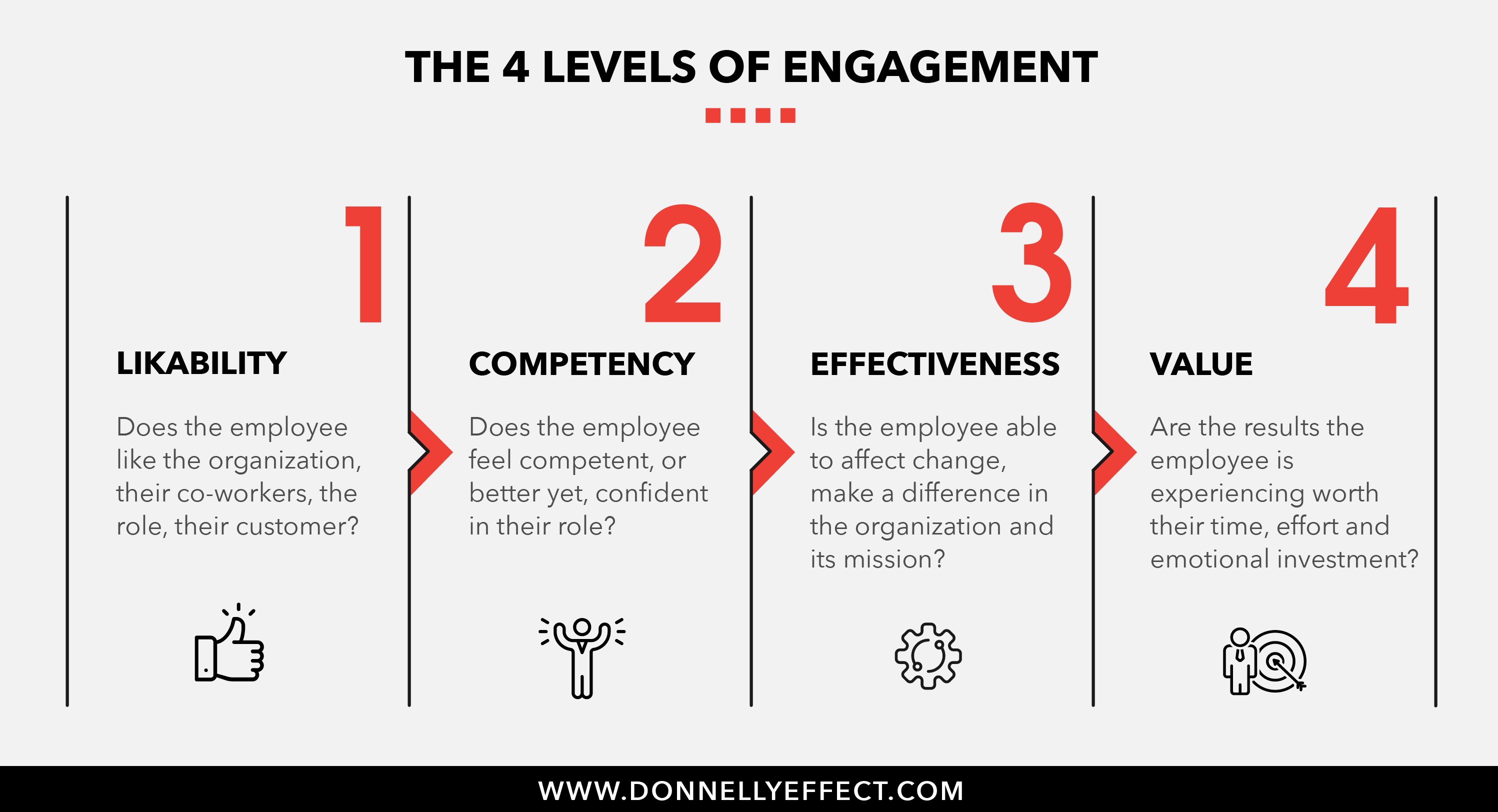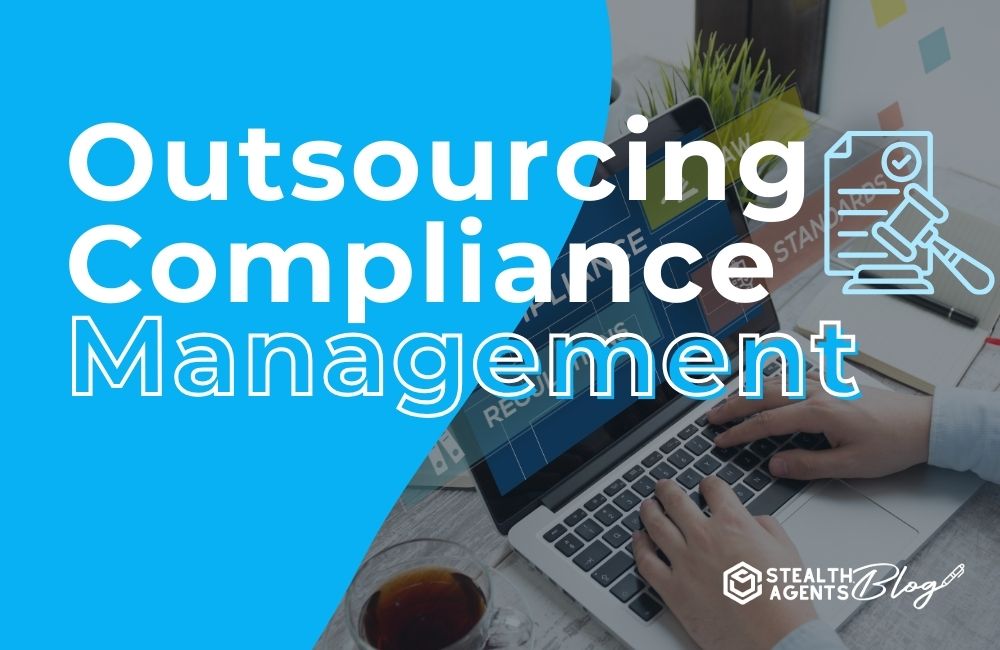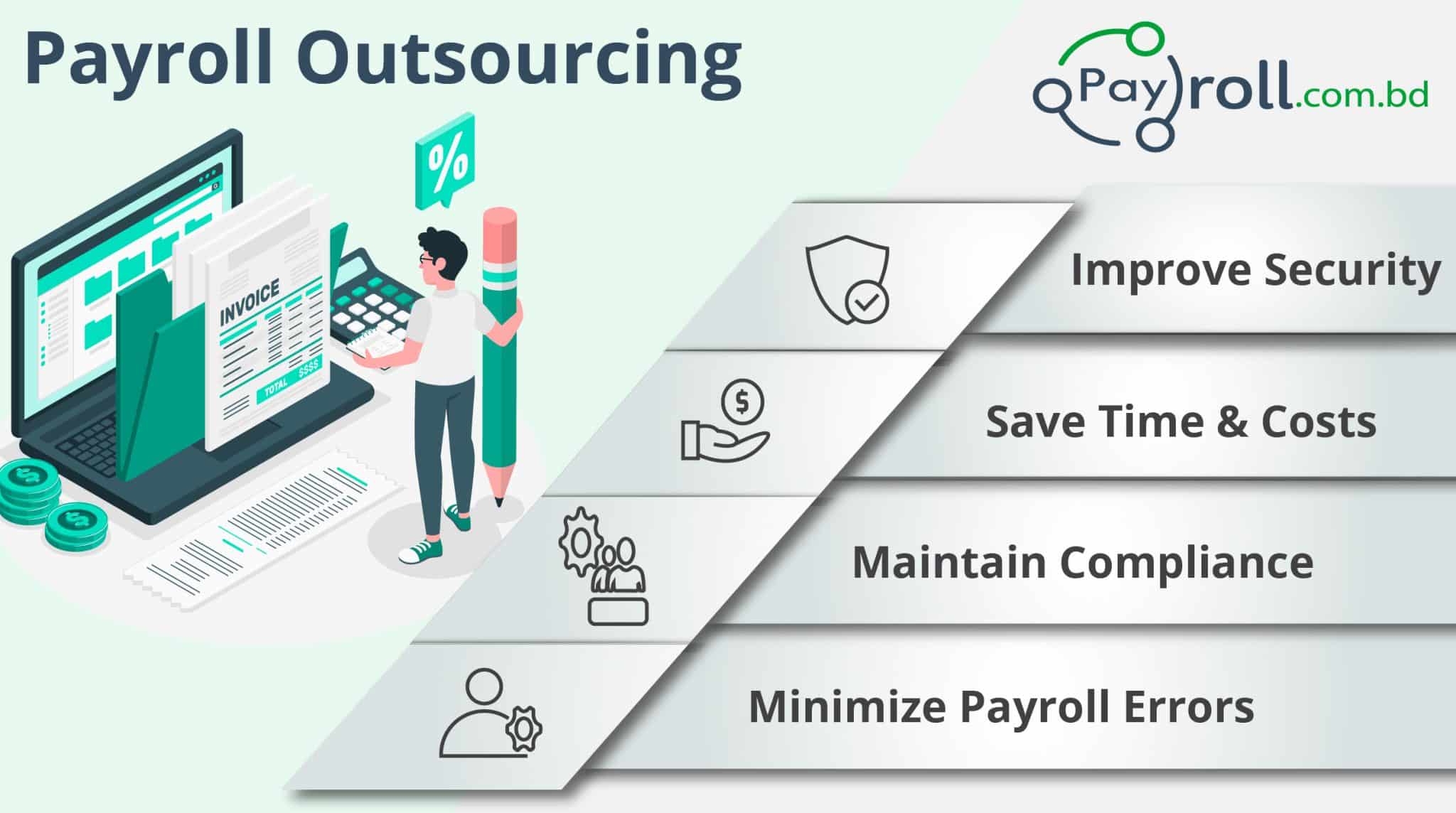
29sixservices
اضافة الى المراجعة تابعملخص
-
تاريخ التأسيس 7 أبريل، 1986
-
المجالات الوظيفية وظائف القطاع الحكومي
-
الوظائف المنشورة 0
-
شاهد 62
وصف الشركة
What is Payroll Outsourcing?
What is payroll outsourcing?
Payroll outsourcing is hiring a third-party provider to manage payroll-related tasks, consisting of determining and confirming wages and incomes, subtracting and depositing funds for tax withholdings, making sure pre- and post-tax benefit reductions are processed, printing paychecks, establishing direct deposits, and preparing payroll reports and journals for general ledger entries.
An outsourced payroll company will need access to your company bank account and employee time tracking system. This requires trust between the business contracting the payroll service and the service itself. A lawfully binding service agreement describing the payroll outsourcing business’s terms, conditions, and expectations strengthens that trust.
Companies that employ a payroll contracting out supplier might also wish to contract out PEO or HR services. Search for a “full-service payroll company” to manage that. Their services normally include handling employee benefits, tax filing, and human resource functions like onboarding and assessing medical insurance providers. Pricing will be based upon the variety of staff members.
Why should a business outsource payroll?
There are numerous reasons that an organization need to think about out payroll. Two of them are tax compliance and precise tax reporting. A payroll specialist is trained in both functions. A third-party provider will have a payroll group of experts dealing with your account. They’ll deal with the payroll obligations, tax withholdings, and staff member benefits.
Outsourcing conserves time
Payroll processing is time-consuming. Payroll administrators track and implement advantage deductions, wage garnishments, paid time off, unpaid time off, taxes, and payroll errors. They also require to be knowledgeable about information security problems that might arise during the onboarding when they gather staff member information. A payroll business can handle all that for you.
Outsourcing can lower costs
The time employees invest processing payroll in-house and the income of the payroll manager are costs. A small organization can spend a significant part of its revenue on those costs. It’s frequently more affordable to work with a payroll processing service. Prices for some payroll services are as low as $40 monthly to manage standard payroll functions.
Outsourcing makes sure tax accuracy
Small organizations can not manage errors in payroll taxes. The penalties and costs examined by state and IRS tax auditors can be significant. A recognized payroll service provider will guarantee that the correct amount of taxes will be kept and deposited on time. They presume the duty and liability for that, offering your company assurance.
Outsourcing supplies information security
Payroll companies employ innovative security procedures to secure employee info. That includes maintaining confidentiality on problems like wage garnishment, payroll errors, and business tax filing. Companies with a self-service payroll system or on-site advantages supervisor do not generally carry out the same security procedures.
Outsourcing gets rid of software application concerns
The expenses of setting up, maintaining, and fixing payroll software accumulate rapidly when you have a large workforce. Hiring the best payroll company eliminates that problem. They have their own software application, and it’s included in what you pay them. That can simplify accounting procedures like expense management and improve your money flow.
Outsourcing comes with a payroll support team
Companies that do payroll independently normally have one person reacting to support issues. Outsourcing brings in an assistance group that can manage concerns about direct deposit, advantage reductions, tax liability, and more. This likewise falls under “cost conserving” due to the fact that somebody who would otherwise be dealing with service concerns can be redeployed elsewhere.
What is payroll co-sourcing?
Another choice for small companies that need help is payroll co-sourcing. This is a hybrid design in which payroll jobs are divided in between business and the third-party payroll service provider. For instance, the payroll business manages tasks like information entry, tax computations, and providing incomes or direct deposits. The primary business preserves control over the motion of payroll funds and making tax withholding deposits.
Special considerations for worldwide payroll outsourcing
Most little company owners in the United States do not need to deal with international payrolls. If you expand your services or employ customized workers outside the country, that might change. International payroll services consist of multi-currency capability, compliance for the nations you’re doing organization in, and global tax rates and tables.
The payroll needs of workers in other nations differ from those in the United States. For example, 35 hours is thought about a full-time work in France. Your company would require to pay overtime for anything over that. You do not require to pay social security tax. You may, nevertheless, require to pay US business income tax.
Benefits administration for a global payroll is different also. HR teams with companies doing internal payroll will be accountable for inspecting health insurance coverage requirements and maximum retirement contribution guidelines in the nations where you have workers. Business needs to do that every pay duration if you’re actively recruiting. That’s a lot to track.
How payroll outsourcing works
Outsourcing includes transferring payroll information. Automation streamlines that, so you’ll wish to find a payroll service with great technology. Best practices suggest opening a different business bank account particularly for payroll. Many business set up sub-accounts of their primary bank account to simplify the transfer of funds to cover payroll checks and direct deposits.
Planning to outsource payroll
The next step is to decide what degree of outsourcing is proper. Turning “all things payroll” over to a third-party company might not be the most economical solution. Some organizations choose to co-source payroll, keeping some of the payroll jobs in-house. That offers the organization control over the procedure without handling a heavy work.
Picking a payroll outsourcing partner
A lot goes into picking the best payroll outsourcing partner. Doing company with somebody you trust is necessary, so discover a payroll business with a good credibility. If you’re co-sourcing, you’ll require a partner ready to share the work. Using payroll software application is also an alternative. Many payroll software application providers have live support teams.
Setting up and running payroll
Decide how typically you want to run payroll. Some business do it weekly, while others choose biweekly or monthly. Once you select a payroll cycle, run a sample talk to a pay stub to ensure the system works correctly. Your outsourced payroll business will likely do that anyhow. If not, demand it so you can see how the procedure works.
Facilitating employee self-service
Outsourced payroll companies normally provide online websites where workers can view their net pay, advantages, and tax deductions. Directing them there instead of to a live support center is an excellent method to decrease business costs. It may take some time for workers to adopt this technique. Stay consistent with your messaging till it takes hold.
Payroll tax and compliance concerns
Employers are eventually accountable for paying payroll taxes, even if they contract out payroll to a third-party supplier. The payroll company can enhance your operations to make them more affordable, and it can take on the responsibility of tax withholdings and deposits. However, any IRS charges for errors will be imposed versus the main service.
IRS correspondence is always sent out to the primary service, not the third-party company. They do not send out a copy to your payroll company. You can alter your address to the payroll business, but the IRS does not advise that. If mail is mishandled or accountable parties are not in the office, your firm might be on the hook for their mismanagement.
Federal tax deposits must be made by means of electronic funds transfer (EFT) to adhere to IRS policies on payroll. The IRS has a system called the Electronic Federal Tax Payment System (EFTPS) to assist in that. Businesses are assigned an employer recognition number (EIN) that requires to be offered to the payroll business if you’re going to outsource.
Please seek advice from with a tax professional to provide more assistance.
Best practices for outsourcing payroll
Relinquishing control over your payroll is a big deal. Following these finest practices will assist make the look for a company and the transition smoother. It’s also advised that you do not do this alone. Form a group at your business to examine payroll outsourcing, then take a moment to review these and the “Frequently Asked Questions” section listed below.
Choose a credible payroll supplier
Reputation must be important in your look for a third-party payroll company. This is not a service you want to go shopping by price. Look for online evaluations. Ask other entrepreneur who they are utilizing. You can likewise consult with your bank or examine the Integrations Page on our website. Rho connects to accounting, ERP, and personnels companies with payroll partners.
Check out regulations and tax responsibilities before outsourcing
Your business is eventually accountable for employee tax withholdings and payroll tax deposits to regional, state, and federal profits departments. You can outsource those responsibilities, but you’ll pay the cost for any errors. Research this and other regulations that impact how you pay your employees. Ensure you understand what your tax responsibilities are.
Get stakeholder buy-in
Your workers are your stakeholders. Consulting them about relocating to an outside payroll company will make the transition simpler for you and your management group. Many companies begin the outsourcing procedure by conversing with their workers about what they desire from a payroll business. This can likewise assist you build a benefit package.
Review software application options
One option to outsourcing is utilizing payroll software application that automates much of the payroll processing. While this might not totally totally free you from handling payroll concerns, it might streamline preparing and providing incomes and direct deposits. Review software options before picking an outside business to deal with payroll and benefits.
Build redundancies for precision
Running a payroll in parallel with the payroll being run by an outsourced provider produces a redundancy to guarantee accuracy. Think about it as a check and balance system that safeguards you if the payroll business decreases for any factor. When things run smoothly, you won’t require to process checks. When they do not, you’ll have the capability to do so.
Payroll outsourcing FAQs
How does payroll outsourcing work?
Payroll outsourcing is transferring payroll tasks and responsibilities to a third-party payroll supplier. Depending on the contract between the primary organization and the payroll service provider, the service provider can be responsible for all or just some of the payroll jobs. Examples of payroll tasks are validating incomes, deducting and transferring payroll taxes, and printing incomes.
Is payroll outsourcing a great concept?
Companies that outsource payroll can minimize the expenses of managing and delivering employee compensation. Some outsourced payroll companies also provide human resources, which can streamline service operations. Those are both great ideas, however contracting out will boil down to your business requirements. It’s a good idea if it improves your bottom line.
Who are some common payroll outsourcing partners?
Gusto, Paychex, and ADP are 3 of the most widely known payroll business. QuickBooks, a popular accounting platform for small companies, also has a payroll service. If you work worldwide and require numerous currencies and international compliance, take a look at Rippling Global Payroll. For human resources, take a complimentary demonstration of BambooHR.
Can I do payroll myself?
Yes, you can do payroll yourself. However, if you wish to do it accurately, you’ll need the ideal payroll software. Doing it without software leaves excessive room for error.
When does it make good sense for a business to begin payroll outsourcing?
Companies can outsource their payroll at any time. It’s normally a great idea to begin pricing payroll services when you get near to 10 staff members. Evaluate the expense and the time it requires to process payroll each week. You’ll know when it’s time to make a relocation.
Conclusion: Simplify payroll with Rho and Gusto
Outsourcing payroll to another company can be an excellent move for lots of services. But it’s crucial to carefully investigate the outsourcing process, comprehend your tax responsibilities, and completely veterinarian any company you’re thinking about as a third-party payroll processor.
Once you do choose one, Rho has direct combinations with one of the most popular alternatives on the marketplace today: Gusto. Through this direct integration, teams on Gusto can ready up rapidly with Rho and begin running payroll more effectively. With Gusto, teams can eagerly anticipate not just enhanced payroll procedures, but HR, too. By eliminating the friction from these vital work streams, groups can concentrate on other elements of their business, all while remaining a certified, efficient, and trustworthy.
Find out more about Rho’s combinations today.
Any third-party links/references are offered informative functions only. The third-party websites and material are not endorsed or managed by Rho.
Rho is a fintech company, not a bank. Checking and card services provided by Webster Bank, N.A., member FDIC; cost savings account services supplied by American Deposit Management Co. and its partner banks.
Note: This material is for informational purposes only. It doesn’t always reflect the views of Rho and ought to not be construed as legal, tax, advantages, monetary, accounting, or other advice. If you need particular guidance for your business, please speak with a professional, as guidelines and guidelines alter frequently.








